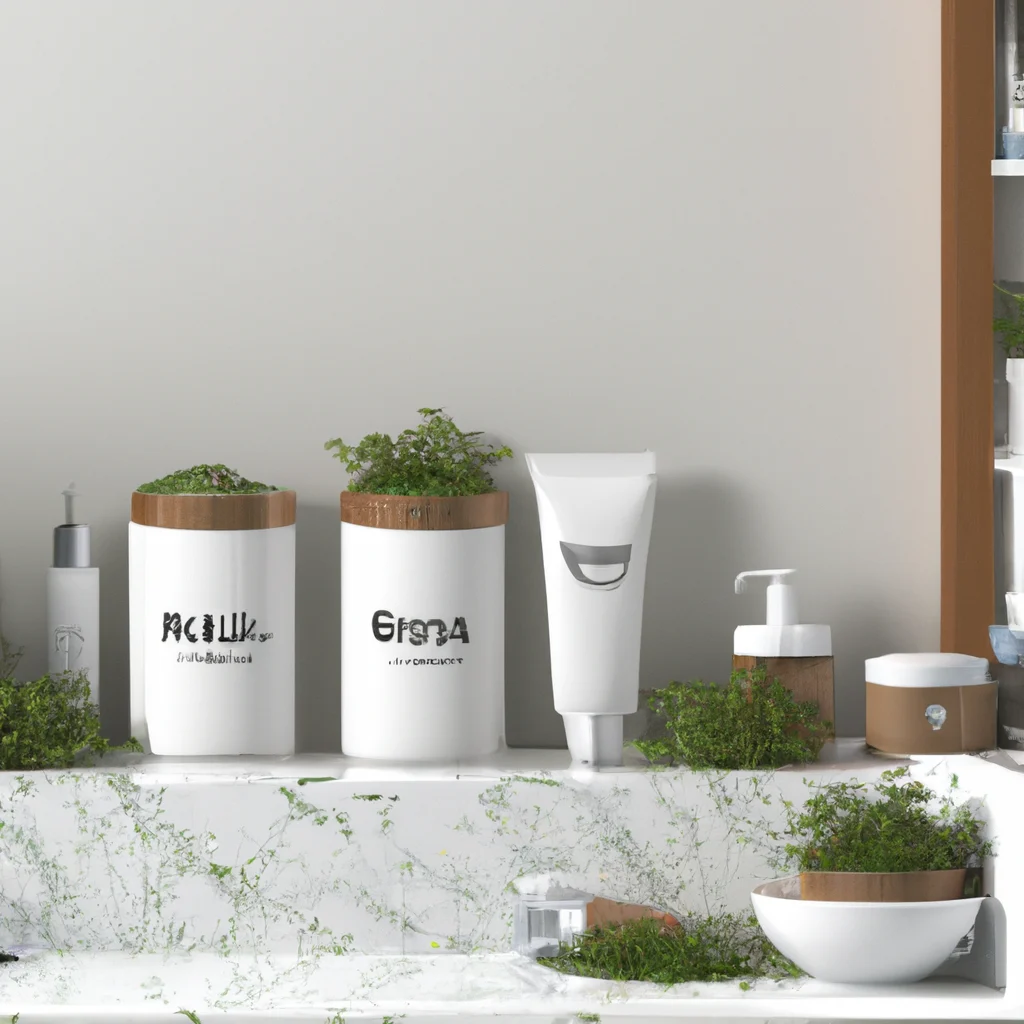The concept of microbiome-friendly skincare has gained significant traction in recent years, particularly across the United States. This approach to skincare emphasizes the importance of maintaining a healthy skin microbiome, which is essential for overall skin health. In this comprehensive article, we will explore the various aspects of microbiome-friendly skincare, including its definition, importance, key ingredients, benefits, and product recommendations. Our aim is to provide an extensive resource for those seeking to enhance their skincare routines while promoting skin health.
Understanding the Skin Microbiome
The skin microbiome refers to the diverse community of microorganisms, including bacteria, fungi, and viruses, that reside on the skin’s surface. This ecosystem plays a vital role in protecting the skin from pathogens, regulating immune responses, and maintaining skin hydration. Recent studies have shown that a balanced skin microbiome can contribute to healthier skin, while an imbalance may lead to various skin issues, such as acne, eczema, and psoriasis.
The Importance of Microbiome-Friendly Skincare
Microbiome-friendly skincare products are formulated to support and preserve the natural balance of the skin’s microbiome. These products typically avoid harsh chemicals and synthetic ingredients that can disrupt this delicate ecosystem. Instead, they incorporate natural ingredients that nourish beneficial microorganisms, thereby enhancing the skin’s overall health.
Benefits of Supporting the Skin Microbiome
- Improved Skin Barrier Function: A healthy microbiome contributes to a robust skin barrier, which is essential for protecting against environmental aggressors and preventing moisture loss.
- Reduced Inflammation: Microbiome-friendly products can help decrease inflammation, which is linked to various skin conditions.
- Balanced Oil Production: By supporting healthy bacteria, these products can help regulate sebum production, reducing the likelihood of acne.
- Enhanced Skin Hydration: A balanced microbiome can improve the skin’s ability to retain moisture, leading to a more hydrated complexion.
Key Ingredients in Microbiome-Friendly Skincare
Understanding the ingredients commonly found in microbiome-friendly skincare products is crucial for making informed choices. Here are some essential ingredients that promote a healthy skin microbiome:
Prebiotics
Prebiotics are substances that nourish beneficial bacteria on the skin. Ingredients like inulin and alpha-glucan oligosaccharides are often included in microbiome-friendly products to support the growth of good bacteria.
Probiotics
Probiotics are live microorganisms that can confer health benefits when applied topically. Certain strains of bacteria, such as Lactobacillus, can help balance the skin microbiome and enhance the skin’s natural defenses.
Postbiotics
Postbiotics are byproducts of probiotic fermentation that can provide additional benefits, such as anti-inflammatory properties. These components help to soothe and protect the skin.
Natural Extracts
Many natural extracts, such as aloe vera, chamomile, and green tea, possess anti-inflammatory and antioxidant properties that can support skin health without disrupting the microbiome.
Choosing Microbiome-Friendly Skincare Products
When selecting microbiome-friendly skincare products, it is essential to read labels carefully. Look for products that are free from the following:
- Sulfates: These harsh surfactants can strip the skin of its natural oils and disrupt the microbiome.
- Parabens: Common preservatives that may negatively affect skin health.
- Artificial Fragrances: These can cause irritation and imbalance in the skin’s ecosystem.
- Alcohol: High concentrations of alcohol can lead to dryness and irritation.
Recommended Microbiome-Friendly Skincare Brands
Several brands focus on creating microbiome-friendly skincare products. Here are a few noteworthy options:
1. TULA Skincare
TULA incorporates probiotics and superfoods in its formulations, aiming to balance the skin microbiome and promote overall skin health.
2. Mother Dirt
Mother Dirt offers products containing live probiotics designed to restore the skin’s natural microbiome and enhance skin health.
3. Aurelia Probiotic Skincare
Aurelia’s range features probiotic ingredients that work to rejuvenate and balance the skin, ensuring a healthy microbiome.
4. Gallinée
Gallinée combines prebiotics, probiotics, and postbiotics in its formulations, focusing on nurturing the skin’s ecosystem.
Creating a Microbiome-Friendly Skincare Routine
To maximize the benefits of microbiome-friendly skincare, we recommend establishing a consistent routine. Here is a suggested regimen:
Step 1: Cleanser
Choose a gentle, sulfate-free cleanser that removes impurities without disrupting the skin’s natural barrier. Look for products with prebiotics or postbiotics for added benefits.
Step 2: Toner
Incorporate a toner that contains hydrating and soothing ingredients. A toner with probiotics can help maintain the skin’s microbiome balance.
Step 3: Serum
Select a serum rich in prebiotics or probiotics to nourish the skin and support its natural defenses. Ingredients like niacinamide can also enhance skin health.
Step 4: Moisturizer
Use a moisturizer that is microbiome-friendly, containing natural extracts and beneficial ingredients that hydrate and protect the skin.
Step 5: SPF
Incorporate a broad-spectrum sunscreen daily to protect the skin from UV damage. Look for formulations that are gentle and suitable for sensitive skin.
Microbiome-Friendly Skincare for Different Skin Types
It is essential to tailor your skincare routine to your specific skin type while considering microbiome-friendly principles:
For Oily Skin
Choose lightweight gel-based products that control excess oil without stripping the skin of essential moisture. Look for ingredients like salicylic acid and probiotics to help balance oil production.
For Dry Skin
Opt for rich, hydrating creams that support the skin barrier. Ingredients like hyaluronic acid and shea butter can be beneficial, along with prebiotic compounds.
For Sensitive Skin
Focus on gentle formulations that minimize irritation. Look for products with soothing ingredients such as chamomile and calendula, along with probiotics to support skin health.
For Combination Skin
Use products that address both oily and dry areas effectively. Lightweight moisturizers with a balance of hydrating and balancing ingredients are ideal.
Microbiome-Friendly Ingredients to Avoid
To maintain a healthy skin microbiome, it is equally important to identify and avoid certain ingredients that can be detrimental:
- Harsh Exfoliants: Physical scrubs containing microbeads can damage the skin barrier and disrupt the microbiome.
- Fragrance: Synthetic fragrances can cause irritation and lead to an imbalance in skin flora.
- High Alcohol Content: Products with high concentrations of alcohol can lead to dryness and irritation.
Conclusion
As we have explored throughout this article, microbiome-friendly skincare represents a significant advancement in skin health. By understanding the importance of the skin microbiome and choosing products that support it, we can achieve healthier, more resilient skin. Incorporating prebiotics, probiotics, and natural extracts into our routines will promote balance and well-being.
For those interested in further enhancing their skincare experience, we recommend exploring the offerings at Nivax Lifestyle, which provides a range of products designed to support skin health through microbiome-friendly principles.


